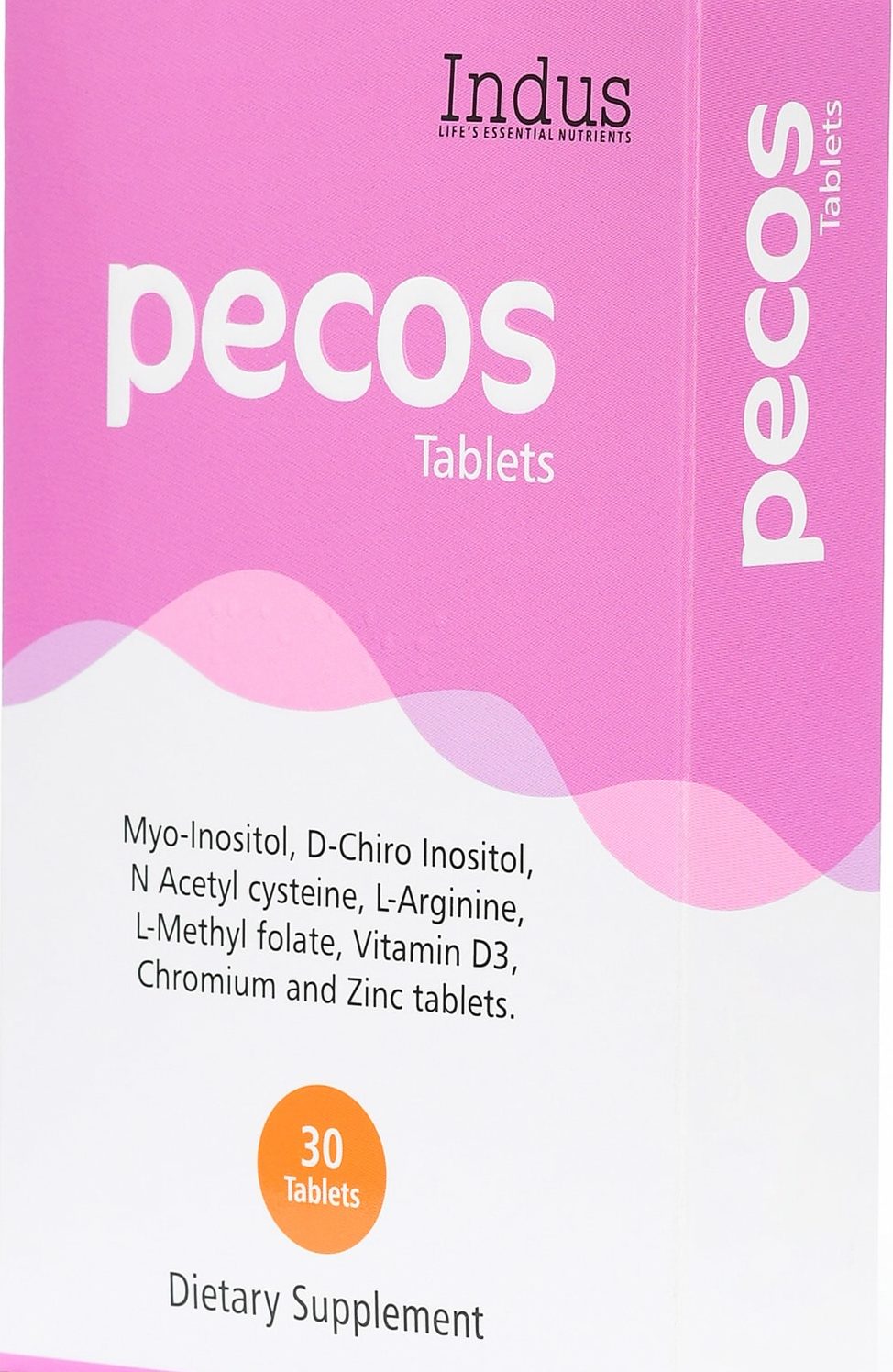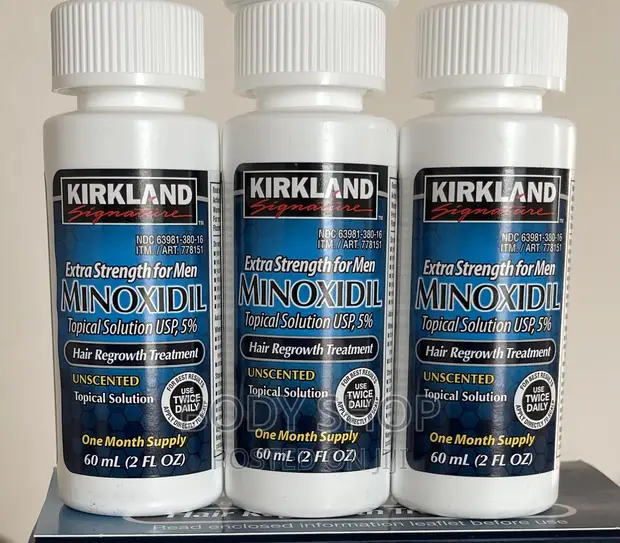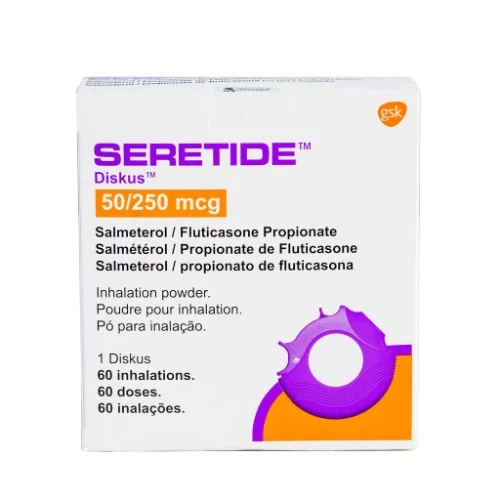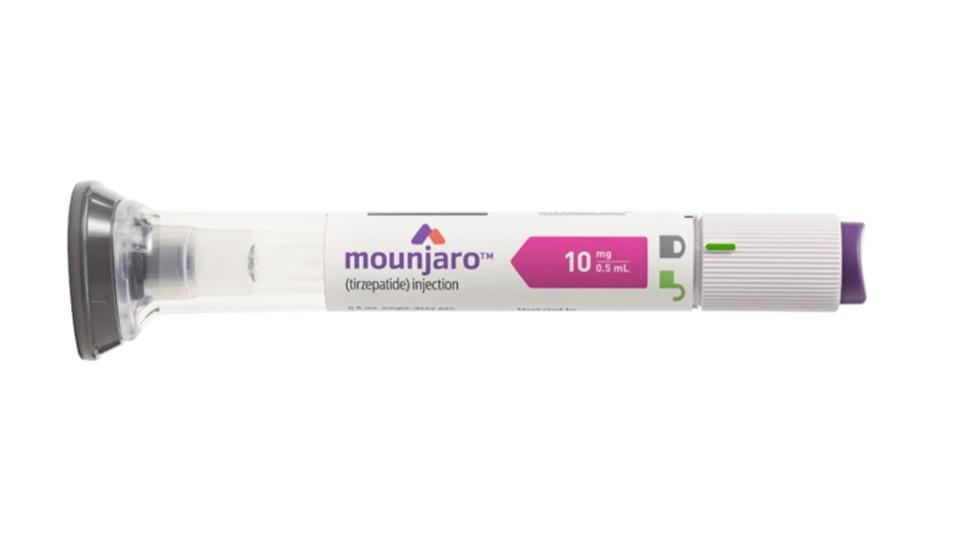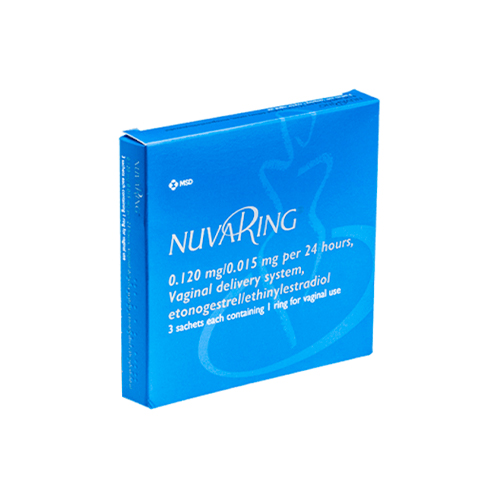No products in the cart.
Diabetes, Prescription Medication
Metformin Tablets
₵
-
 Get 10% discount on your next order. Order now to qualify.
Get 10% discount on your next order. Order now to qualify.
-
 Get 20% cashback on apple app store. Use code P056
Get 20% cashback on apple app store. Use code P056
DELIVERY & RETURNS
Free shipping offer on Pilldoctor and get exclusive offers.
Location
-

Door Delivery Fastest delivery to the door for only 2 days. Don't miss exclusive offer.
-

Pickup Station Fastest delivery to the door for only 2 days. Don't miss exclusive offer.
-

Return Policy Fastest delivery to the door for only 2 days. Don't miss exclusive offer.
Description
Metformin is used with a proper diet and exercise program and possibly with other medications to control high blood sugar. It is used in patients with type 2 diabetes. Controlling high blood sugar helps prevent kidney damage, blindness, nerve problems, loss of limbs, and sexual function problems. Proper control of diabetes may also lessen your risk of a heart attack or stroke. Metformin works by helping to restore your body’s proper response to the insulin you naturally produce. It also decreases the amount of sugar that your liver makes and that your stomach/intestines absorb.
How to use Metformin
Read the Patient Information Leaflet if available from our pharmacist before you start taking metformin and each time you get a refill. If you have any questions, consult your doctor or our pharmacist.
Take this medication by mouth as directed by your doctor, usually 1-3 times a day with meals. Drink plenty of fluids while taking this medication unless otherwise directed by your doctor.
The dosage is based on your medical condition, response to treatment, and other medications you may be taking. Be sure to tell your doctor and pharmacist about all the products you use (including prescription drugs, nonprescription drugs, and herbal products). To reduce your risk of side effects (such as upset stomach), your doctor may direct you to start this medication at a low dose and gradually increase your dose. Follow your doctor’s instructions carefully.
Take this medication regularly in order to get the most benefit from it. Remember to use it at the same times each day.
If you are already taking another diabetes drug (such as chlorpropamide), follow your doctor’s directions carefully for stopping/continuing the old drug and starting metformin.
Check your blood sugar regularly as directed by your doctor. Keep track of the results, and share them with your doctor. Tell your doctor if your blood sugar measurements are too high or too low. Your dosage/treatment may need to be changed.
Side Effects
Nausea, vomiting, stomach upset, diarrhea, weakness, or a metallic taste in the mouth may occur. If any of these effects persist or worsen, tell your doctor or our pharmacist promptly. If stomach symptoms return later (after taking the same dose for several days or weeks), tell your doctor right away. Stomach symptoms that occur after the first days of your treatment may be signs of lactic acidosis.
Remember that your doctor has prescribed this medication because he or she has judged that the benefit to you is greater than the risk of side effects. Many people using this medication do not have serious side effects.
Metformin does not usually cause low blood sugar (hypoglycemia). Low blood sugar may occur if this drug is prescribed with other diabetes medications. Talk with your doctor or pharmacist about whether the dose of your other diabetes medication(s) needs to be lowered.
Symptoms of low blood sugar include sudden sweating, shaking, fast heartbeat, hunger, blurred vision, dizziness, or tingling hands/feet. It is a good habit to carry glucose tablets or gel to treat low blood sugar. If you don’t have these reliable forms of glucose, rapidly raise your blood sugar by eating a quick source of sugar such as table sugar, honey, or candy, or drink fruit juice or non-diet soda. Tell your doctor about the reaction right away. Low blood sugar is more likely if you drink large amounts of alcohol, do unusually heavy exercise, or do not consume enough calories from food. To help prevent low blood sugar, eat meals on a regular schedule, and do not skip meals. Check with your doctor or our pharmacist to find out what you should do if you miss a meal.
Symptoms of high blood sugar (hyperglycemia) include thirst, increased urination, confusion, drowsiness, flushing, rapid breathing, and fruity breath odor. If these symptoms occur, tell your doctor right away. Your doctor may need to adjust your diabetes medication(s).
Stop taking this medication and tell your doctor right away if this very serious side effect occurs: lactic acidosis (see Warning section).
A very serious allergic reaction to this drug is rare. However, get medical help right away if you notice any of the following symptoms of a serious allergic reaction: rash, itching/swelling (especially of the face/tongue/throat), severe dizziness, trouble breathing.
This is not a complete list of possible side effects. If you notice other effects not listed above, contact your doctor or our pharmacist.
Precautions
Before taking this medication, tell your doctor or our pharmacist if you are allergic to metformin; or if you have any other allergies. This product may contain inactive ingredients, which can cause allergic reactions or other problems. Talk to your pharmacist for more details.
Before using this medication, tell your doctor or pharmacist your medical history, especially of: severe breathing problems (such as obstructive lung disease, severe asthma), blood problems (such as anemia, vitamin B12 deficiency), kidney disease, liver disease.
Before having surgery or any X-ray/scanning procedure using iodinated contrast, tell your doctor or dentist about all the products you use (including prescription drugs, nonprescription drugs, and herbal products). You may need to stop this medication for a short time for the surgery/procedure. Ask your doctor or dentist for instructions before your surgery/procedure.
You may experience blurred vision, dizziness, or drowsiness due to extremely low or high blood sugar. Do not drive, use machinery, or do any activity that requires alertness or clear vision until you are sure you can perform such activities safely.
Limit alcohol while using this medication because it can increase your risk of lactic acidosis and developing low blood sugar.
High fever, “water pills” (diuretics such as hydrochlorothiazide), too much sweating, diarrhea, or vomiting may cause loss of too much body water (dehydration) and increase your risk of lactic acidosis. Stop taking this medication and tell your doctor right away if you have prolonged diarrhea or vomiting. Be sure to drink enough fluids to prevent dehydration unless your doctor directs you otherwise.
It may be harder to control your blood sugar when your body is stressed (such as due to fever, infection, injury, or surgery). Consult your doctor because increased stress may require a change in your treatment plan, medications, or blood sugar testing.
Older adults may be at greater risk for side effects such as low blood sugar or lactic acidosis.
During pregnancy, this medication should be used only when clearly needed. Discuss the risks and benefits with your doctor. Your doctor may direct you to use insulin instead of this product during your pregnancy. Follow your doctor’s instructions carefully.
Metformin can cause changes in the menstrual cycle (promote ovulation) and increase the risk of becoming pregnant. Consult your doctor or pharmacist about the use of reliable birth control while using this medication.
Metformin passes into breast milk in small amounts. Consult your doctor before breast-feeding.
Interactions
Drug interactions may change how your medications work or increase your risk for serious side effects. This document does not contain all possible drug interactions. Keep a list of all the products you use (including prescription/nonprescription drugs and herbal products) and share it with your doctor and our pharmacist. Do not start, stop, or change the dosage of any medicines without your doctor’s approval.
Beta-blocker medications (such as metoprolol, propranolol, glaucoma eye drops such as timolol) may prevent the fast/pounding heartbeat you would usually feel when your blood sugar falls too low (hypoglycemia). Other symptoms of low blood sugar, such as dizziness, hunger, or sweating, are unaffected by these drugs.
Many drugs can affect your blood sugar, making it harder to control. Before you start, stop, or change any medication, talk with your doctor or pharmacist about how the medication may affect your blood sugar. Check your blood sugar regularly as directed and share the results with your doctor. Tell your doctor right away if you have symptoms of high or low blood sugar. (See also Side Effects section.) Your doctor may need to adjust your diabetes medication, exercise program, or diet.
Product Ratings
Highest Ratings
There are no reviews yet.
Rate


